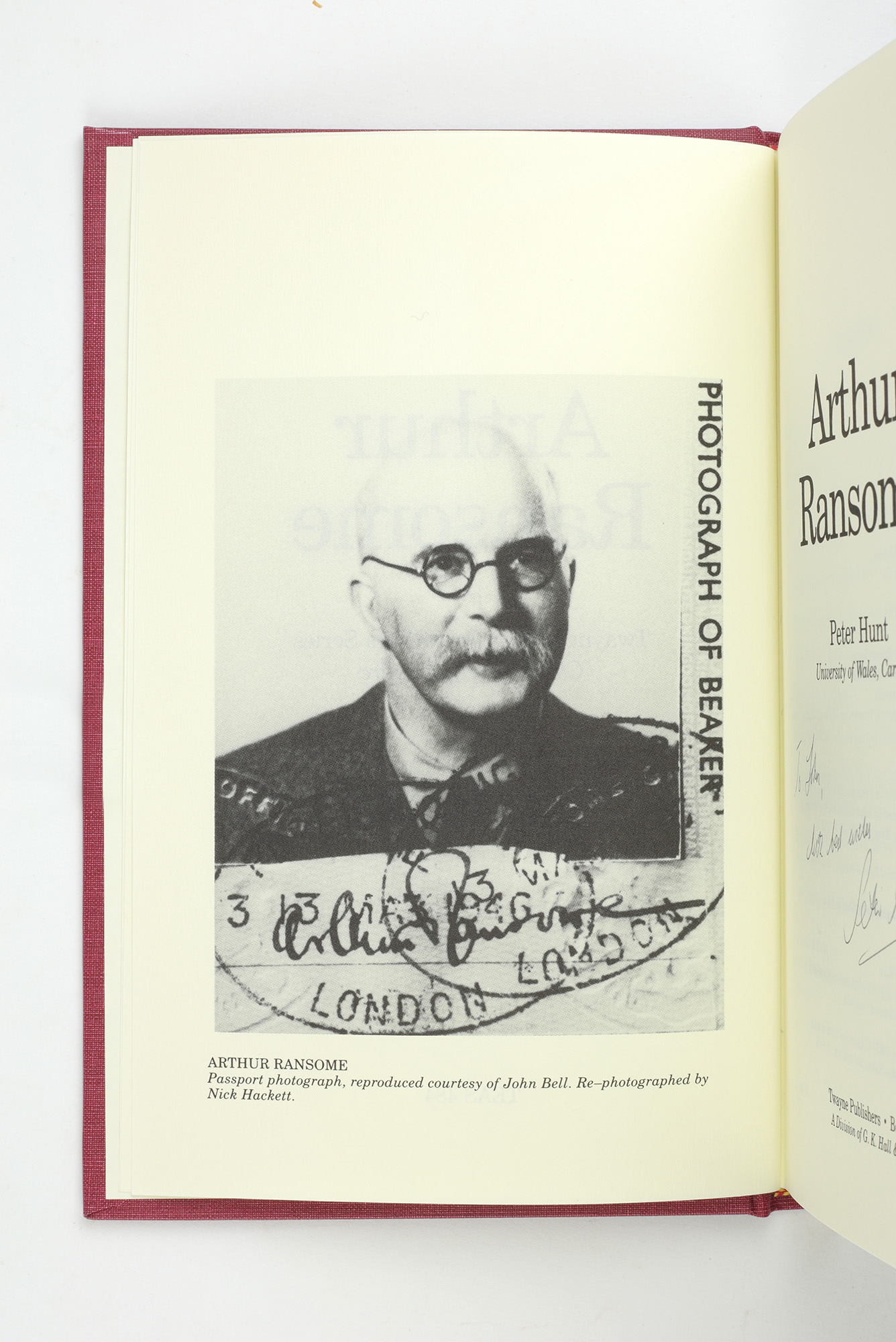



Scott, Editor of the Manchester Guardian, that he was able to get his passport back and return to Russia. This so upset the Foreign Office that they refused him permission to leave the country, and it was only with the help of C. While in England he wrote Six Weeks in Russia (1919), an account of the revolution and an explanation for the signing of the Brest-Litovsk treaty. After being interviewed by Sir Basil Thomson, Deputy Commissioner of the Metropolitan Police, Ransome was released having convinced the authorities that he was not a communist revolutionary. His reports provided a sympathetic view of the revolution and when he arrived back in England in 1919 he was arrested by the police. After the Russian Revolution, Ransome remained in the country and became friendly with Vladimir Lenin and other Bolshevik leaders. In the summer of 1913 he was commissioned to write an English guide to St Petersburg and then, with the outbreak of the First World War, Ransome was recruited by the Daily News to report on the Eastern Front. There he scraped a living writing stories and articles for various literary journals. Ransome was a reluctant student and although he attended Yorkshire College for a year studying chemistry, he abandoned the college and went to London to become a writer. He attended preparatory school and then later went to Rugby School (where he lived in Lewis Carroll's study room) but did not entirely enjoy the experience. Arthur Ransome was born in Leeds on 18th January, 1884.


 0 kommentar(er)
0 kommentar(er)
